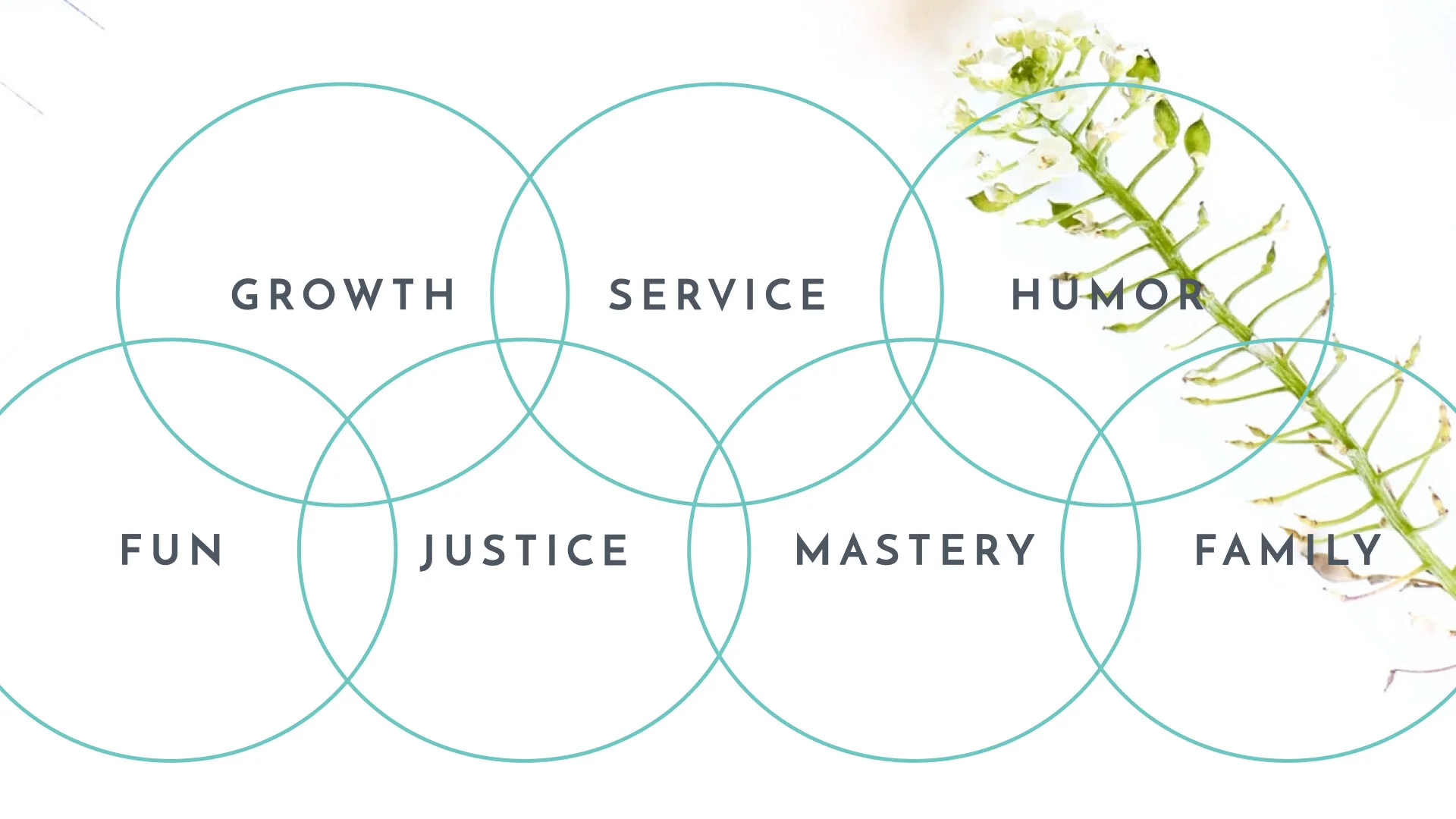To stay or not to stay. Is that the question?
Oftentimes professionals fall into the trap of viewing finding a new job as an all-or-nothing decision: “Either I stick with the status quo, or I try for something better. What to do?”
Sadly, framing the question in this way leads to indecision that can drag on months or even years, because we’re searching for perfect clarity (or waiting for a perfect gig to fall in our lap) before we take action.
But you can’t think or wait your way out of career indecision. It just doesn’t work. It takes more action -- and less thinking -- to either land that next job or come to a place of peace in your current one.
What you should be asking yourself is, “What small action could I take today to move my career in the right direction?”
I’ve read more articles than I can count sharing ideas for reviving a stagnant job search. And I feel beyond frustrated every time I see suggestions like “Attend a networking event!” “Call your mentor!” and “Update that resume!”
Succeeding in the modern day job search requires a strategic approach. So when you start to feel stuck (most job seekers experience this at least once in their search), don't just try anything and everything.
Instead, pursue only the activities that address your specific challenges -- thereby saving you time and generating the results you need to move forward.
Learn the two-step process I use with job seekers who find themselves in a job search rut.
Once you’ve identified the career paths you’re most passionate about pursuing, it’s important to check in and ask yourself honestly, how hard do you want your job search to be?
My personal philosophy that I share with my clients is that I sincerely believe you can achieve just about any career path -- if you’re willing to do what it takes to get there.
But before you dive into your search, it’s helpful to have a clear understanding of how well your experience and expertise to-date position you to achieve your career goals, and to be honest with yourself about which type of transition you’re willing to take on.
First, you need to recognize that employers generally look for three areas of expertise for any job:
To figure out which job you want to do, you need to start with what you like to do.
This means asking yourself which activities and processes you want to fill your days doing -- or in other words, which skills you most enjoy.
The problem is, most of us are terrible at articulating our skills.
And if we can’t articulate our skills, how on earth can we determine which of them we enjoy most?
I see this problem frequently when my clients complete our direction-setting diagnostic. One question asks you to list all of your skills, and then categorize them into those you enjoy and don’t enjoy. With a full picture of what you can do and what you enjoy doing in front of you, it becomes easier to assess the career possibilities at your fingertips, and which of them may merit pursuit.
But when listing their skills, most people (no matter their industry!) tend to only include non-specific, soft skills like problem-solving, teamwork, communication, organizing, planning, collaborating.
This isn’t too surprising; we're socialized at work to focus on “we” over “I” and to talk in least common denominators about company and team goals -- we rarely delve into the specific parts of the process we individually own to help achieve those goals.
Yet because soft skills are applicable to most any job, they don’t help you discern which jobs you’re more likely to love than others.
For that level of insight, you need to go deeper into what I like to call “how skills.”
The vast majority of professionals cite “purpose” as one of their top priorities at work.* Yet, even among executives and students at Harvard Business School, fewer than 20% report having a strong sense of their own individual purpose.** In sum, purpose is something most of professionals want, badly, but few of them have found -- and sadly, not having found it often leaves them feeling lacking, behind, or lost.
Yes, there are hallmarked examples of individuals finding their life’s work in the blink of an eye, like Newton with his apple or Edison with his light bulb. But recent research has shed light on how creativity and insight are generated via exploration, learning and action, rather than waiting for lightning to strike.***
So here are the two simple steps we’ve found that anyone can take -- today -- to find purpose at work:
Identifying your values is an important step in understanding what motivates you in and out of the office.
- On the chart below, circle the top 15 values of most importance to you out of the 150 values listed
- Once you have your top 15, strike 5 from your list to find your top 10
- Once you have your top 10, strike 3 more from your list to find your top 7
- Now rank your top 7 values from most to least important. This will help you evaluate potential opportunities and how to take the right step in the face of challenging decisions in the future.
Once you have completed this exercise, you can move on to our career direction diagnostic to help you define your purpose at work.






